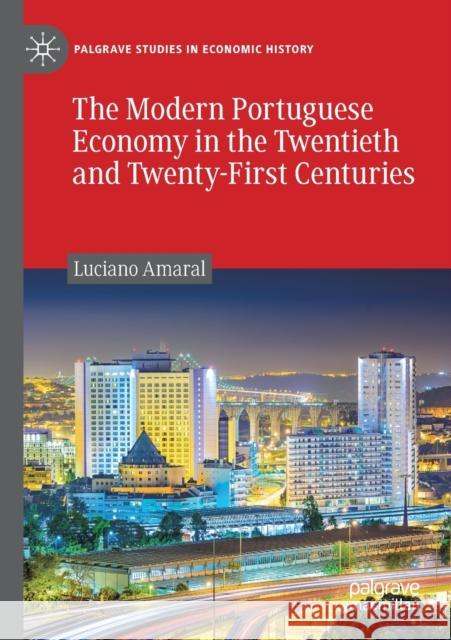The Modern Portuguese Economy in the Twentieth and Twenty-First Centuries » książka
topmenu
The Modern Portuguese Economy in the Twentieth and Twenty-First Centuries
ISBN-13: 9783030245504 / Angielski / Miękka / 2020 / 348 str.
The Modern Portuguese Economy in the Twentieth and Twenty-First Centuries
ISBN-13: 9783030245504 / Angielski / Miękka / 2020 / 348 str.
cena 282,42
(netto: 268,97 VAT: 5%)
Najniższa cena z 30 dni: 269,85
(netto: 268,97 VAT: 5%)
Najniższa cena z 30 dni: 269,85
Termin realizacji zamówienia:
ok. 22 dni roboczych
Dostawa w 2026 r.
ok. 22 dni roboczych
Dostawa w 2026 r.
Darmowa dostawa!
Kategorie:
Kategorie BISAC:
Wydawca:
Palgrave MacMillan
Seria wydawnicza:
Język:
Angielski
ISBN-13:
9783030245504
Rok wydania:
2020
Wydanie:
2019
Numer serii:
000462744
Ilość stron:
348
Waga:
0.48 kg
Wymiary:
21.01 x 14.81 x 2.08
Oprawa:
Miękka
Wolumenów:
01
Dodatkowe informacje:
Wydanie ilustrowane











